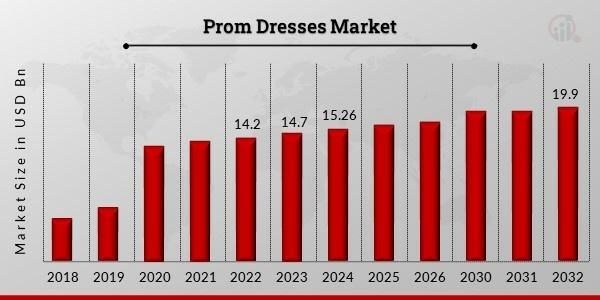The denim category has remained a cornerstone of American apparel for decades, consistently appealing to consumers seeking durability, comfort, and style flexibility. Despite changing fashion cycles and expanding alternatives like athleisure, denim continues to uphold its relevance through innovative fabrics, refreshed silhouettes, and evolving production practices. Understanding what motivates denim shoppers provides valuable direction for brands seeking to strengthen market presence, optimize product development, and enhance retail strategies. Consumer expectations today extend well beyond basic functionality, shaping how denim is positioned and purchased across the country.
Modern shoppers are increasingly interested in apparel that suits a wide range of occasions. Hybrid work environments, active lifestyles, and social trends have encouraged consumers to look for jeans that combine comfort with polished aesthetics. Stretch-based fabrics, soft-touch finishes, and body-inclusive designs have therefore become mainstream. These preferences highlight the importance of convenience and versatility, positioning denim as an adaptable wardrobe essential rather than a purely casual item.
A closer look at the Denim Jeans Market reveals how consumer motivations intersect with pricing behavior, style preferences, sustainability values, and retail expectations. These insights shape both short-term purchasing decisions and long-term brand loyalty.
To better understand shopper motivations, brands rely on Denim Jeans market consumer insights, which help identify the priorities, frustrations, and preferences that influence buying decisions. These insights include fit expectations, fabric preferences, style trends, and attitudes toward brand identity. Gathering accurate consumer intelligence supports stronger product planning and targeted marketing strategies.
Fit remains one of the most important determinants of purchase satisfaction. Consumers expect jeans that offer comfort, shape retention, and flattering silhouettes. Inclusive sizing is increasingly important across demographics, encouraging brands to expand ranges and incorporate more adaptive designs. Consumers also seek transparency around fit descriptions, making detailed product information vital in both online and in-store environments.
Sustainability plays a central role in consumer decision-making. Shoppers—particularly younger audiences—value reduced environmental impact, ethical sourcing, and waste-conscious manufacturing. Jeans made with recycled fibers, organic cotton, or water-saving processes often attract stronger interest. Clear communication about environmental benefits enhances trust and improves brand perception.
Style preferences reflect broader cultural influences. Vintage-inspired designs, classic straight-leg silhouettes, and relaxed fits have gained popularity alongside modern tapered and wide-leg styles. Consumers appreciate versatility, allowing them to pair denim with various wardrobe staples. Personalization trends also encourage interest in unique washes, subtle distressing, or custom-fit options.
Price sensitivity varies across segments. Value-driven customers prioritize durability and affordability, while premium shoppers seek craftsmanship, advanced fabrics, and distinct branding. Promotions play a substantial role, with many consumers timing purchases around discounts or seasonal drops.
Retail expectations are evolving as well. E-commerce platforms must provide accurate sizing guidance, detailed fabric descriptions, and clear visuals. Flexible return policies remain essential due to fit uncertainty in online purchases. In-store experiences continue to matter too, with fitting guidance and curated displays enhancing consumer confidence.
Cultural and demographic influences shape additional insights. Gen Z consumers gravitate toward gender-inclusive designs, authenticity-based branding, and fashion that reflects individuality. Millennials focus on durability, sustainability, and value. Older demographics prefer classic fits and reliable quality. These differences guide segmentation strategies.
In conclusion, understanding consumer motivations provides essential direction for denim brands. Insights related to fit, sustainability, style preferences, pricing behavior, and retail expectations allow companies to develop products and experiences that align with evolving shopper needs, fostering long-term loyalty within the denim market.



